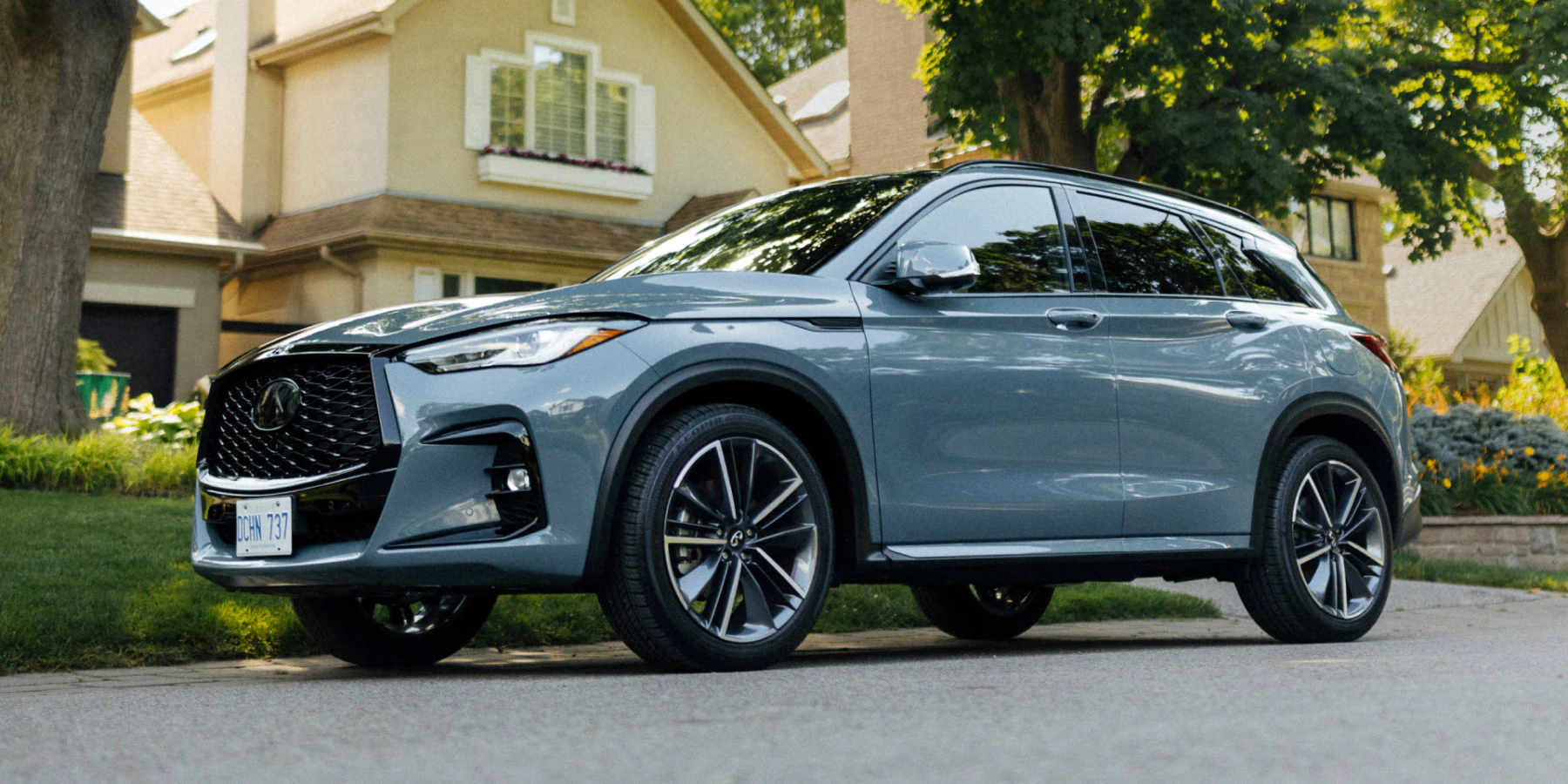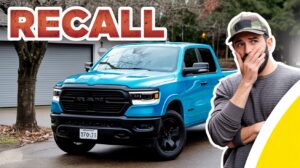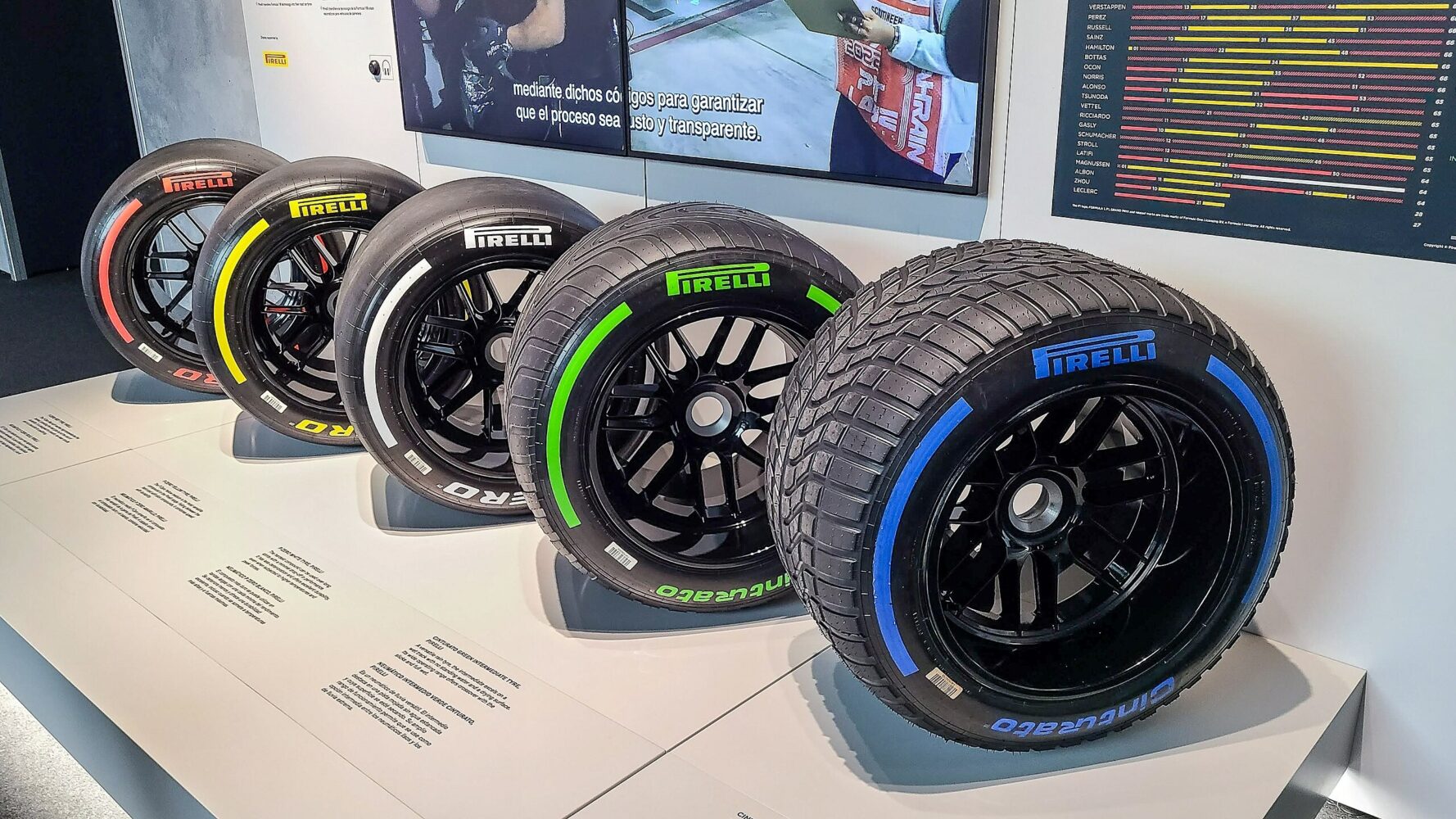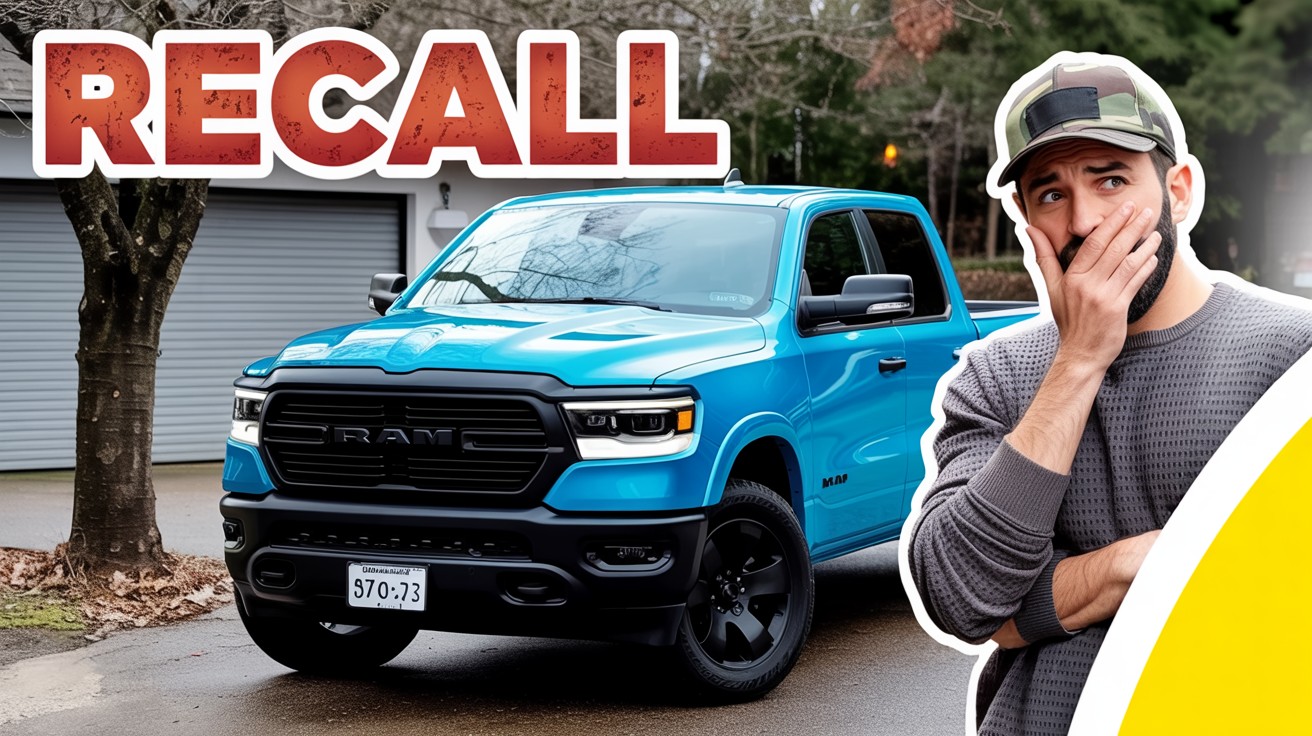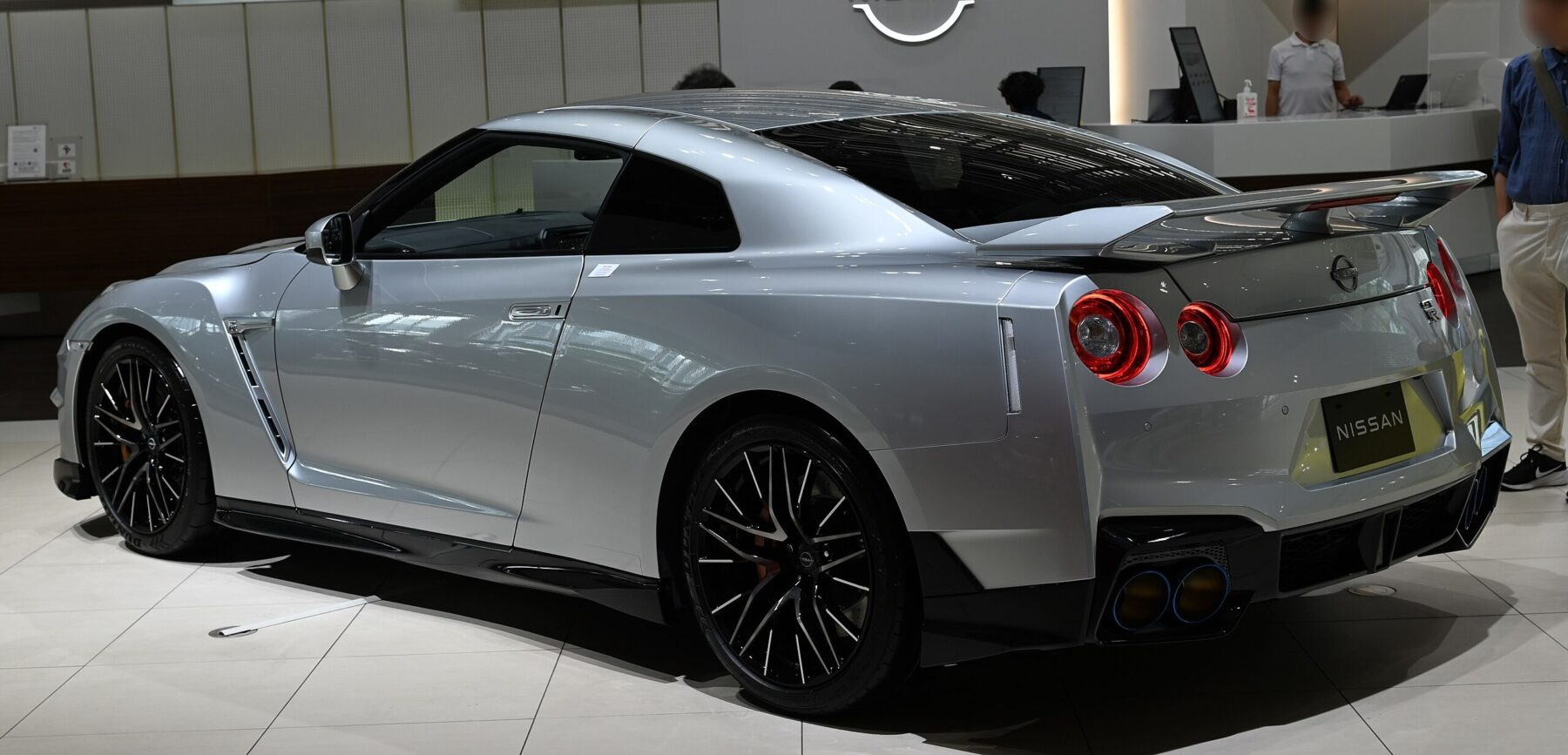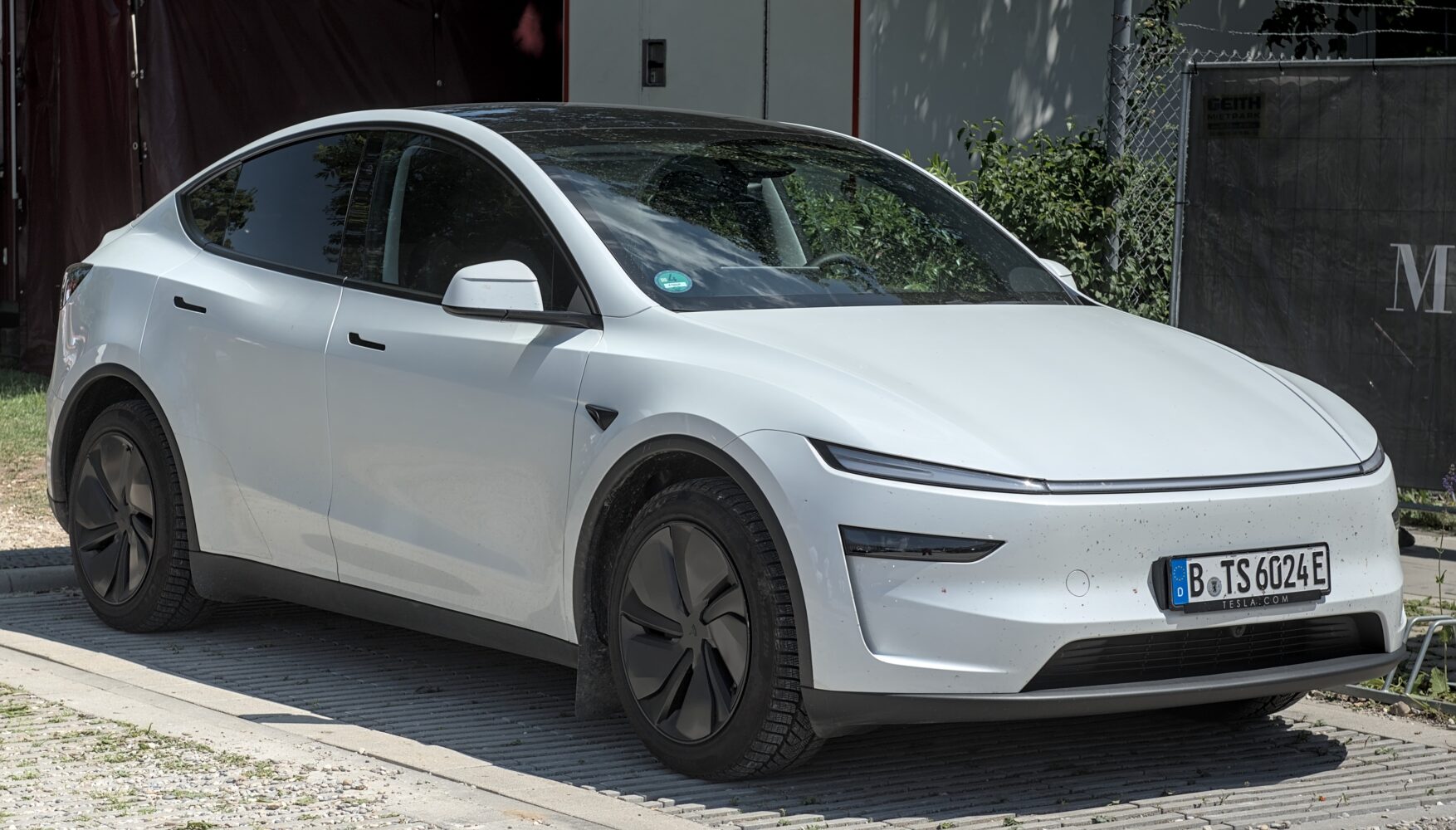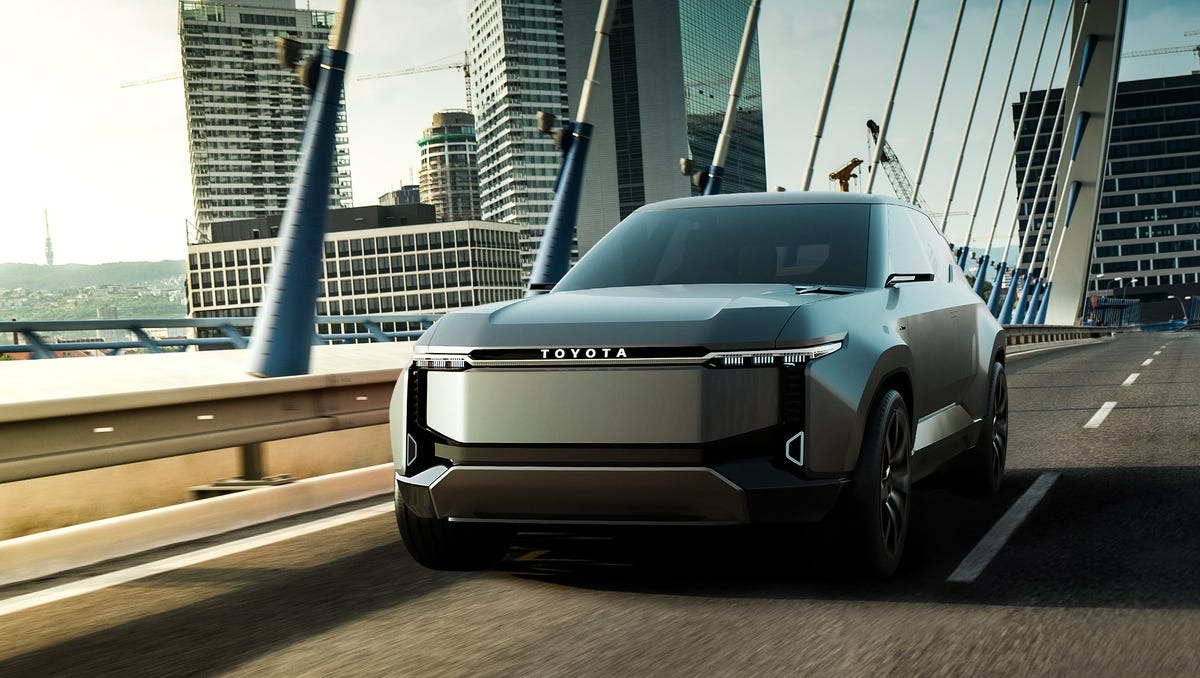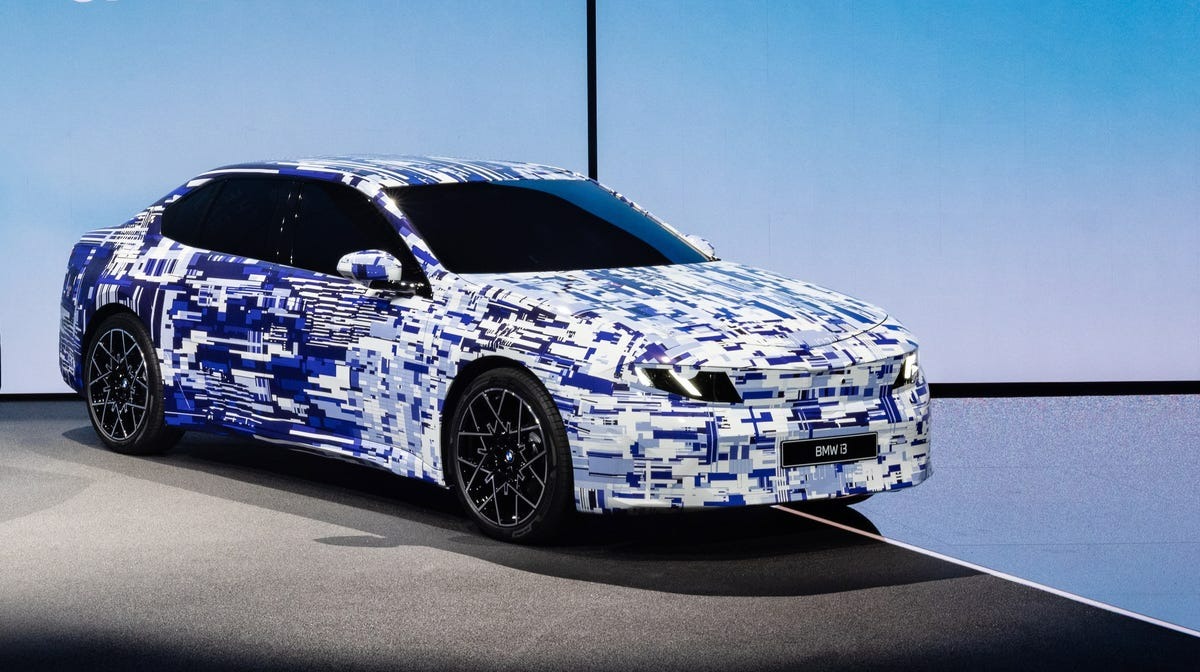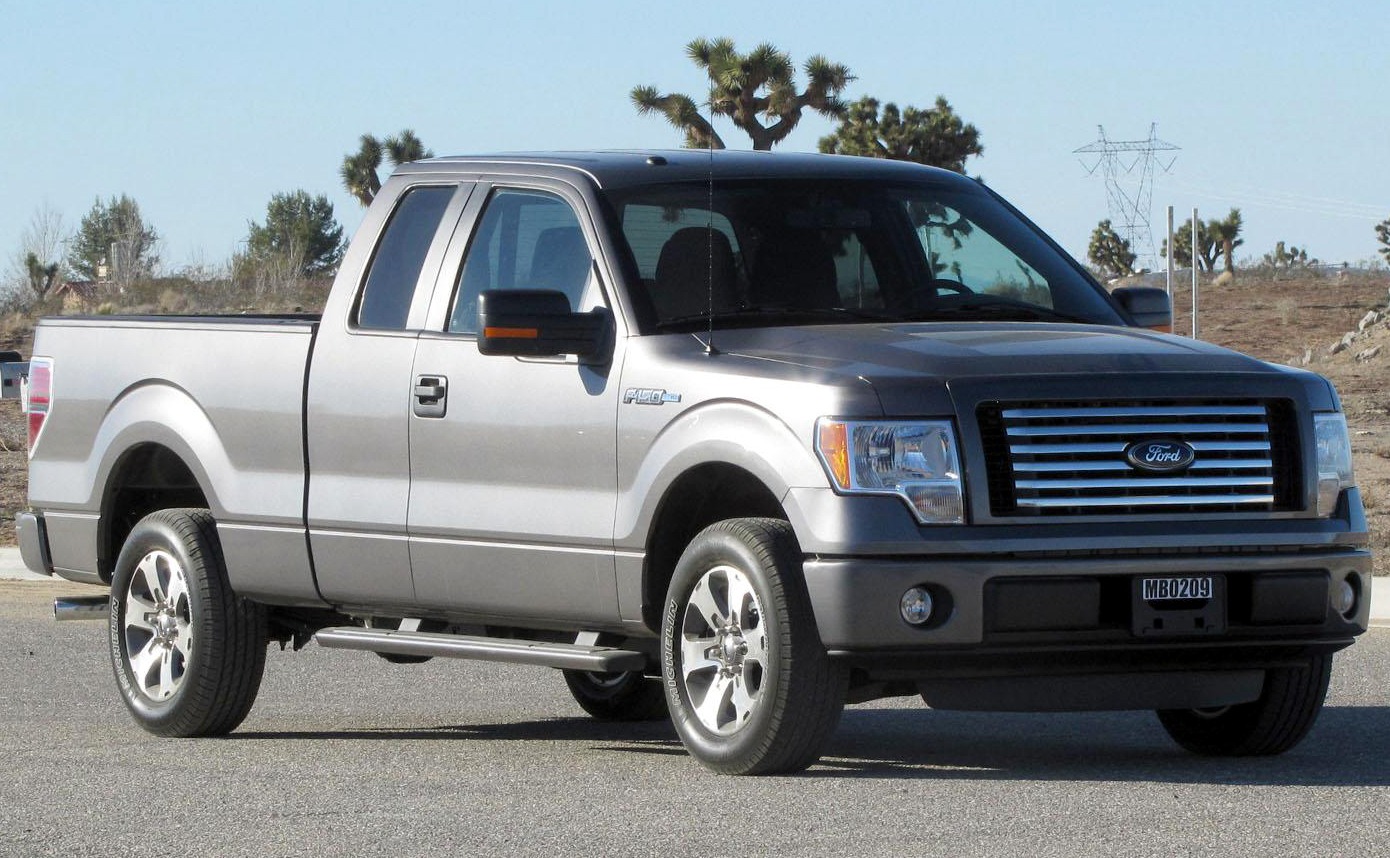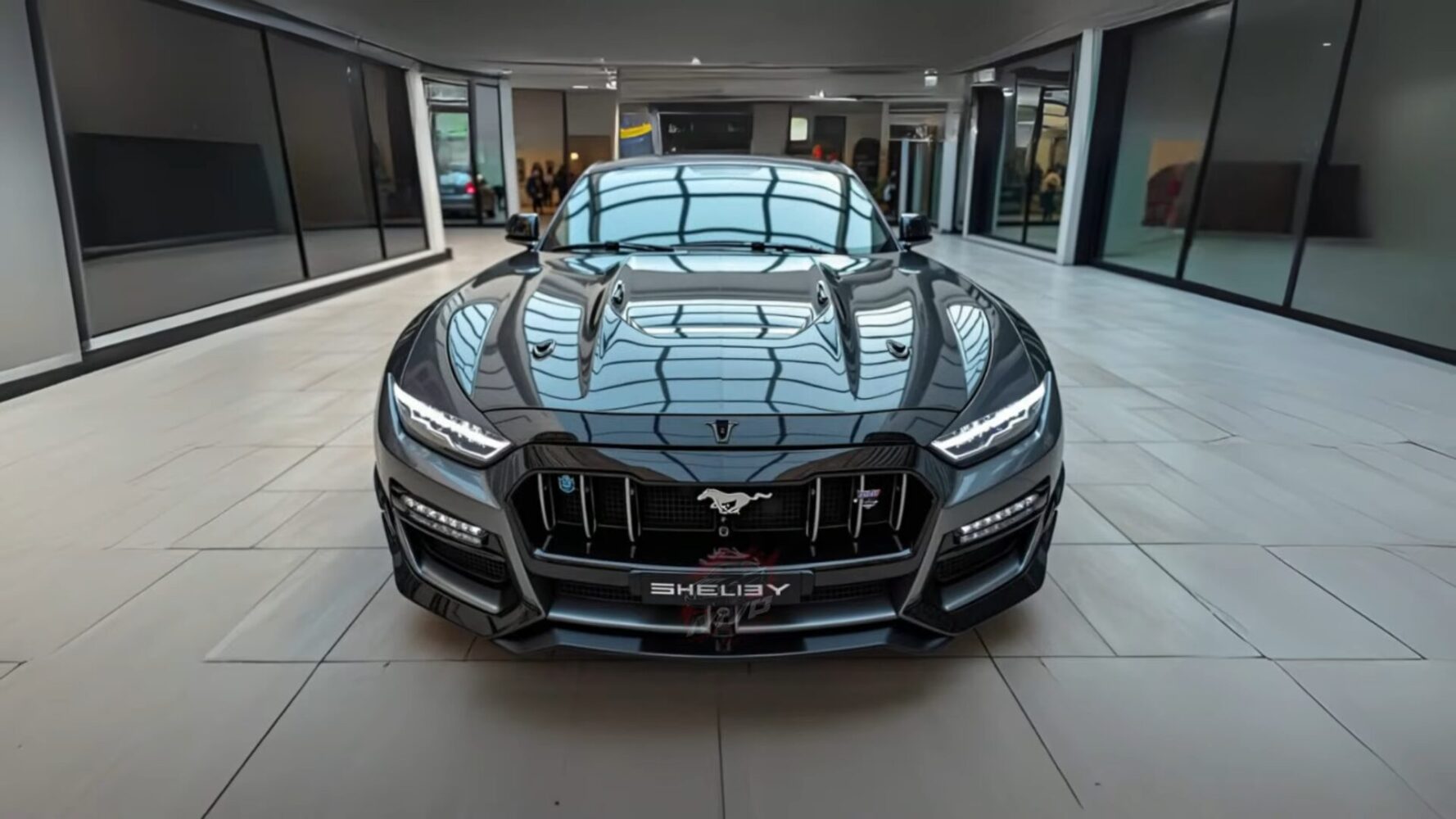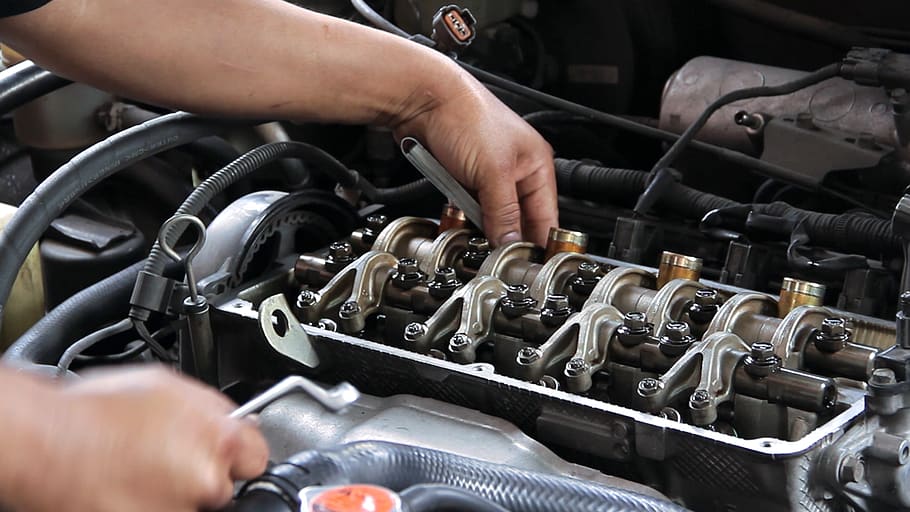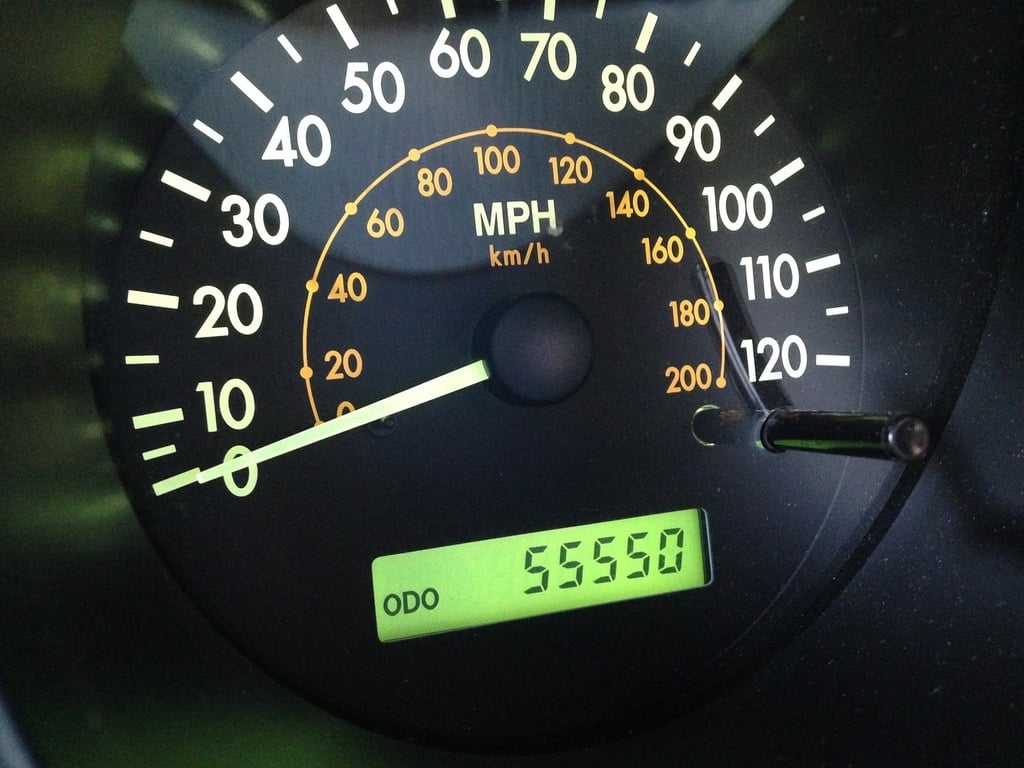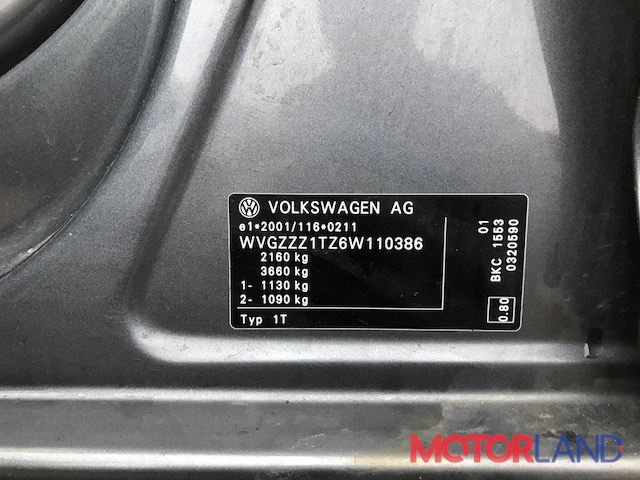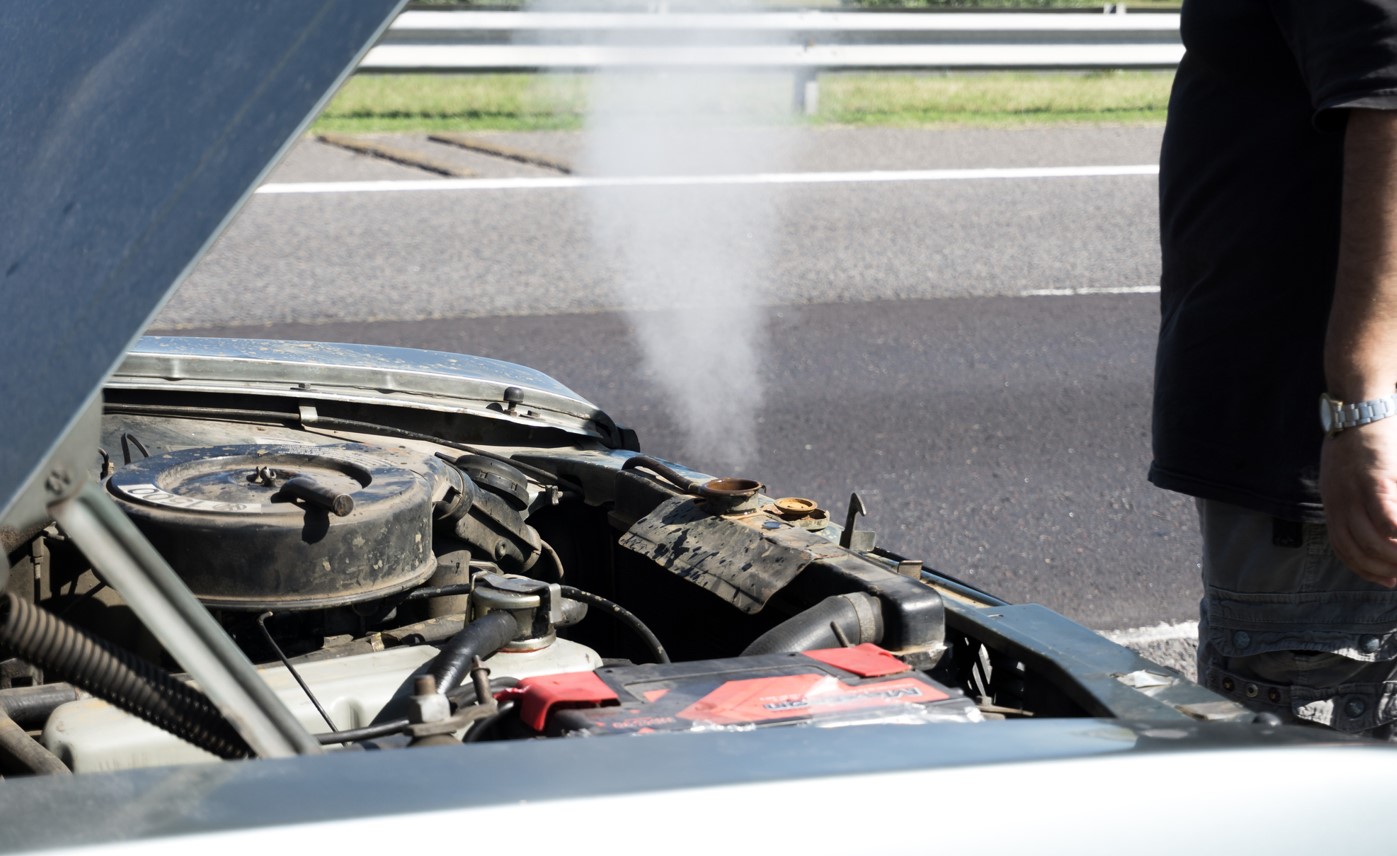Your morning commute shouldn’t involve wondering if your engine will seize up at 70 mph. Yet that’s exactly the scenario prompting Nissan’s recall of nearly half a million vehicles equipped with their supposedly advanced VC-Turbo engines.
The Scope: Nearly Half a Million Vehicles Affected
The recall affects 443,899 vehicles across the U.S., targeting 2021-2024 Nissan Rogues, 2019-2020 Nissan Altima, 2019-2022 Infiniti QX50, and 2022 Infiniti QX55 Models. These models pack Nissan’s variable compression turbo technology—engines that dynamically adjust compression ratios for optimal performance and fuel economy.
Think of it as your engine’s attempt to be both a fuel-sipping commuter and weekend warrior, depending on what you demand. The technology promised efficiency gains without sacrificing power, but complexity brings its risks.
The Problem: When Bearings Fail, Engines Die
Manufacturing defects in engine bearings can cause them to wear prematurely or fail. When bearings go bad, metal debris circulates through your engine like automotive shrapnel, potentially causing complete engine failure while you’re driving.
That’s not just inconvenient—it’s dangerous. Engine failure at highway speeds creates safety risks that extend beyond expensive repair bills.
Warning Signs: What to Watch For
Here’s what you need to monitor: unusual knocking or rattling sounds, rough engine operation, illuminated warning lights, or vehicle warning messages. These symptoms typically develop gradually, giving you advance notice before catastrophic failure occurs.
Don’t ignore these early indicators. Engine bearing problems rarely fix themselves, and waiting usually makes repairs more extensive and expensive.
The Fix: Free Inspections and Engine Replacements
Starting August 25, 2025, affected owners will receive notification letters detailing the recall process. Your dealer will inspect the oil pan for metal debris—essentially looking for evidence your engine is eating itself from the inside.
No debris found indicates that preventive maintenance, including new oil, gasket replacement, and potentially ECU reprogramming, is required. Find metal shavings? Nissan replaces your entire engine at no charge.
The Numbers: Small Percentage, Big Consequences
The company estimates only 1.2% of recalled vehicles have defective engines. That’s roughly 5,300 vehicles out of nearly 450,000—similar odds to finding a decent parking spot at Target on a Saturday.
Yet the potential consequences demand this comprehensive approach. Engine failure creates safety hazards that justify inspecting every affected vehicle, regardless of the low defect rate.
The Bigger Picture: Complexity vs. Reliability
This recall highlights the inherent tension in modern automotive engineering. Advanced technologies like variable compression engines promise efficiency gains and performance benefits, but they also introduce complexity that traditional engines simply don’t have.
When cutting-edge meets quality control lapses, consumers bear the risk. The automotive industry’s rush toward technological sophistication shouldn’t come at the expense of basic reliability.
What Owners Should Do Now
If you own an affected vehicle, don’t panic, but don’t ignore warning signs either. Keep your ears open for unusual engine noises and respond promptly when your recall notice arrives.
All inspections and repairs are free, including potential engine replacement—a remedy that could be worth more than many people’s cars. Your engine’s job is simple: start when you turn the key and keep running until you turn it off.


